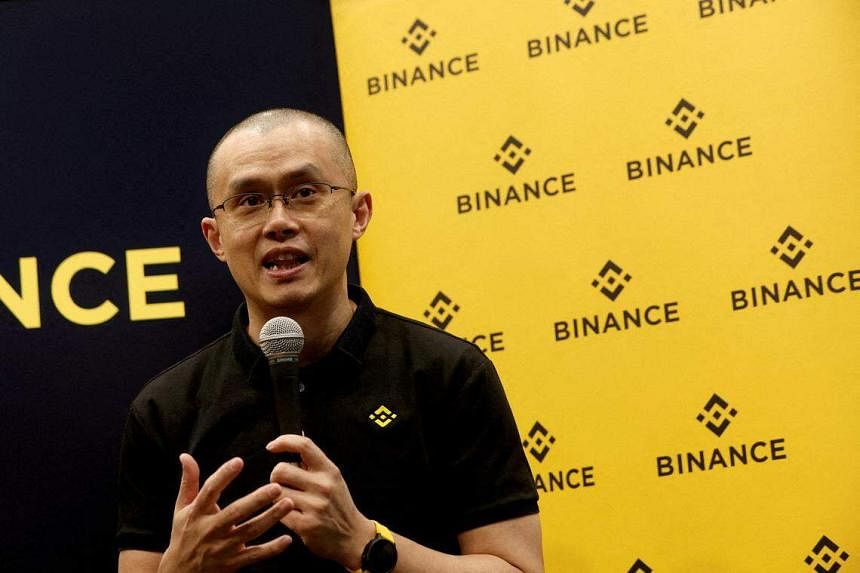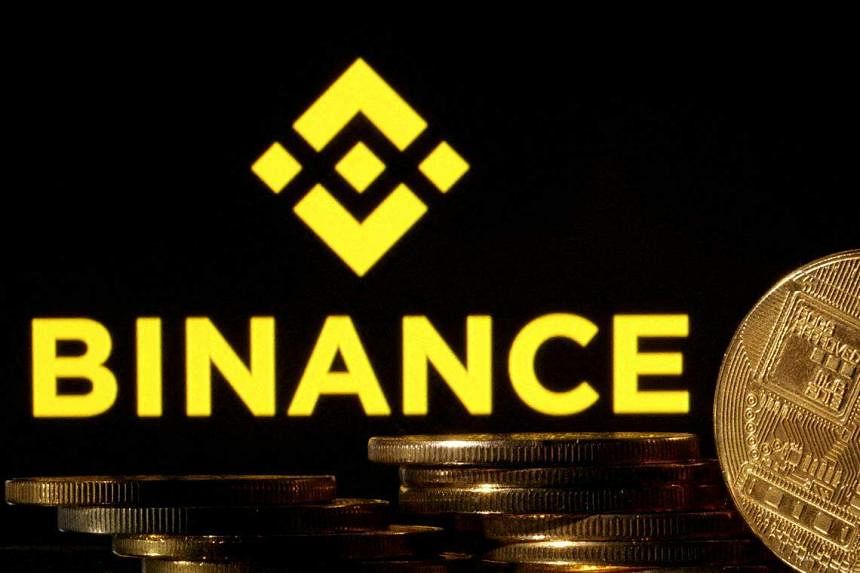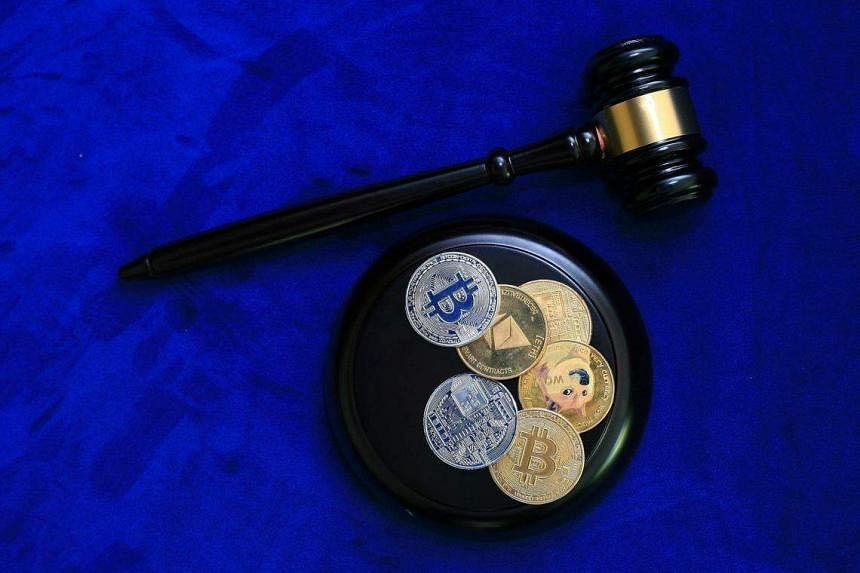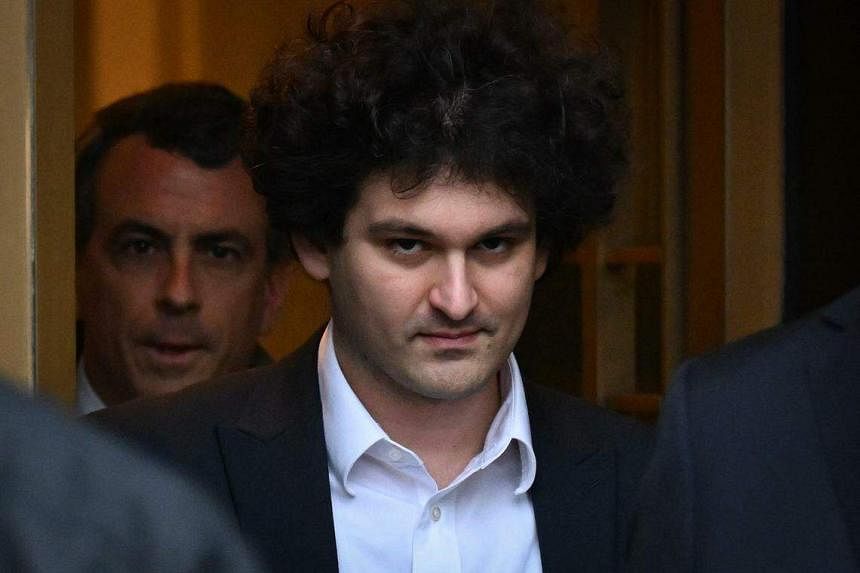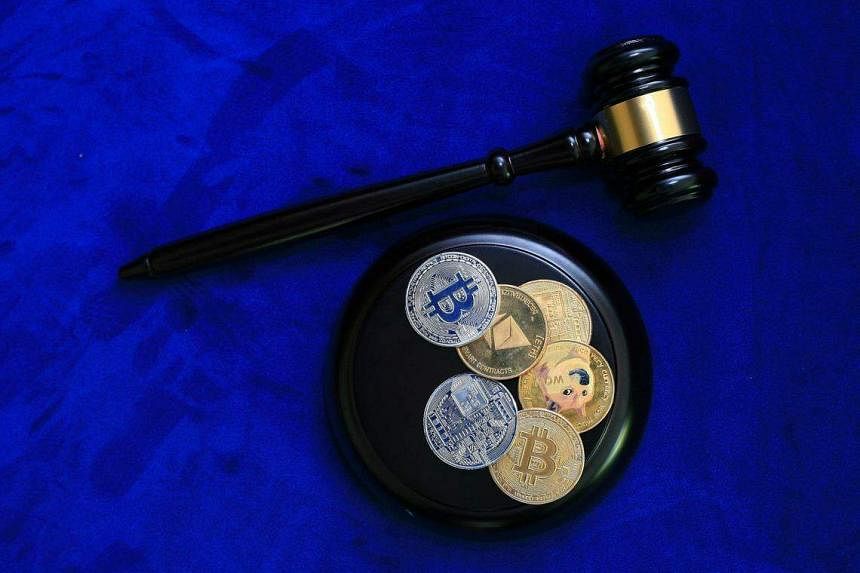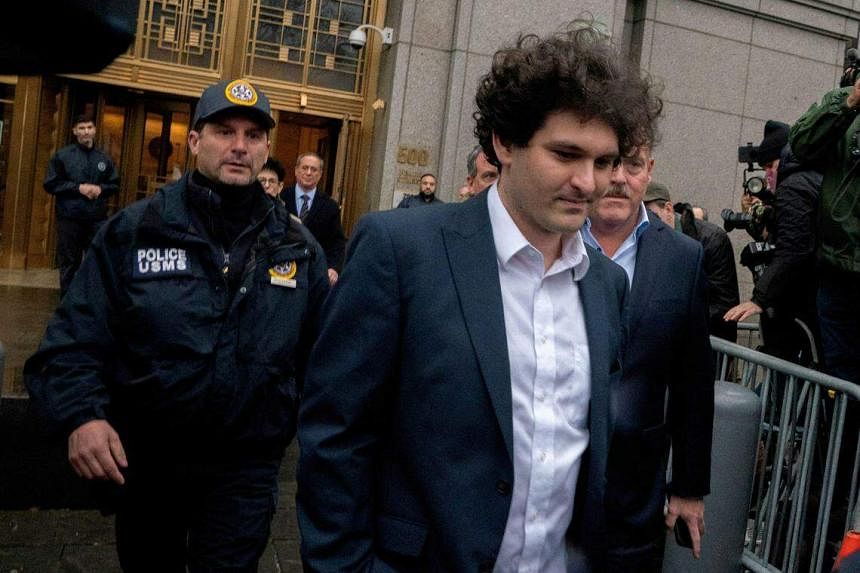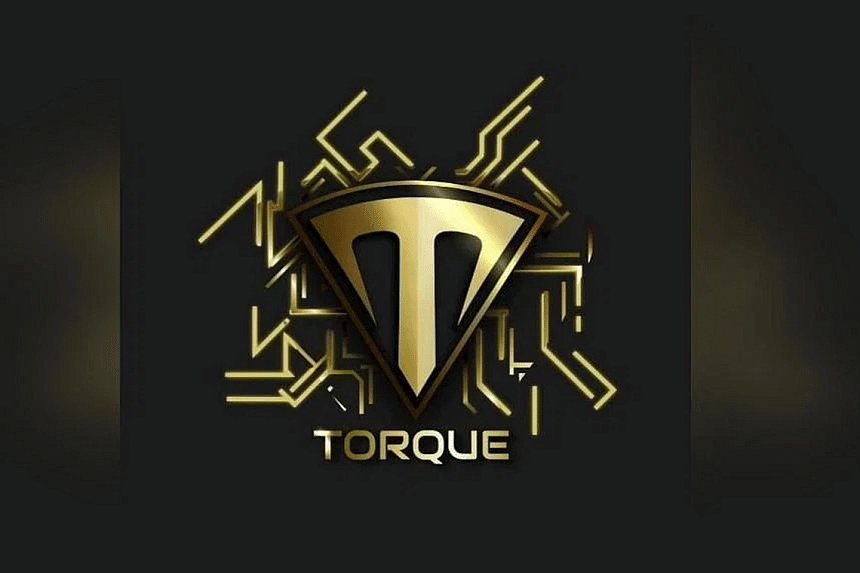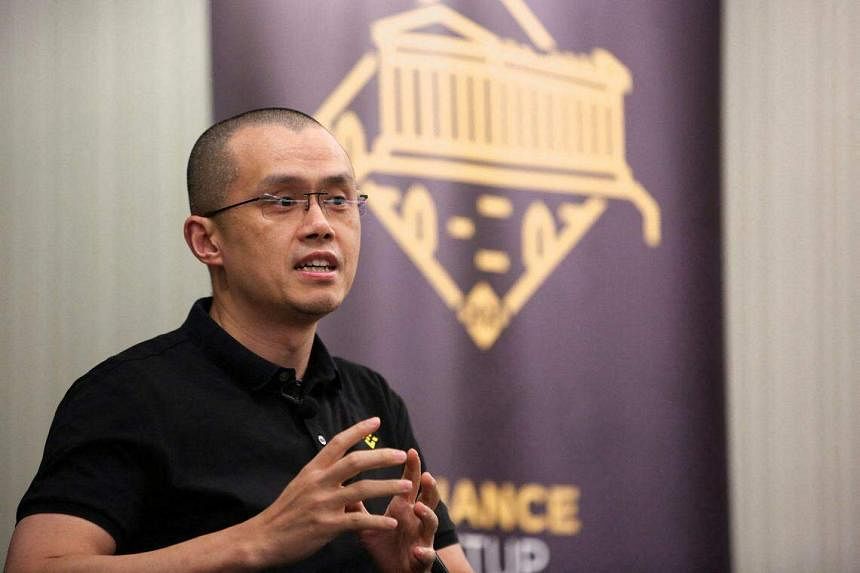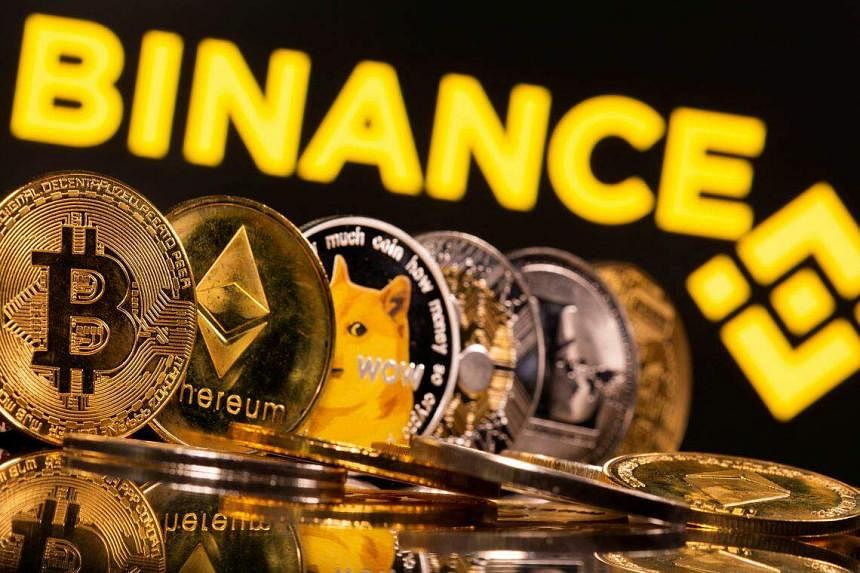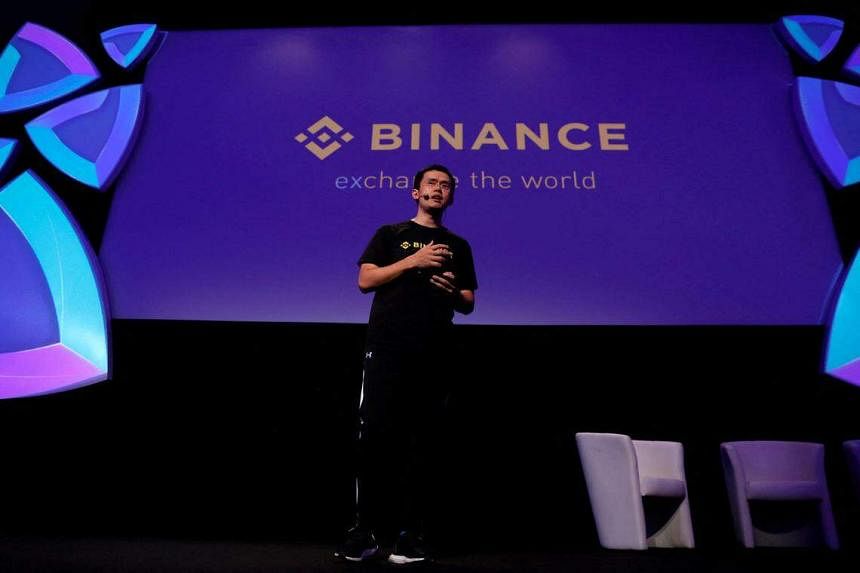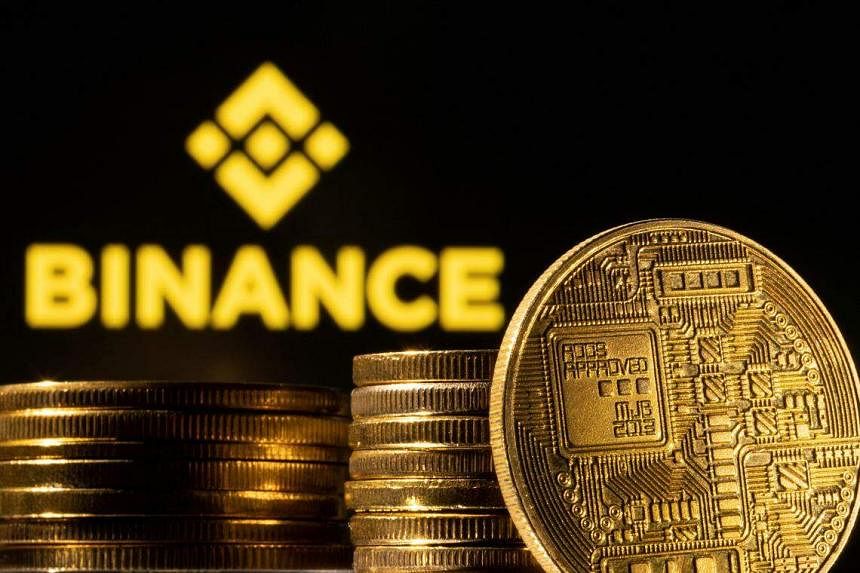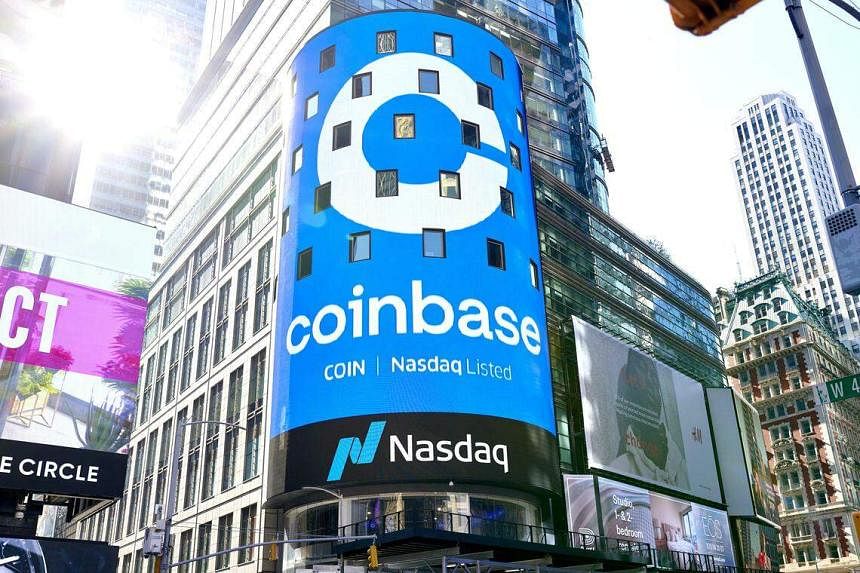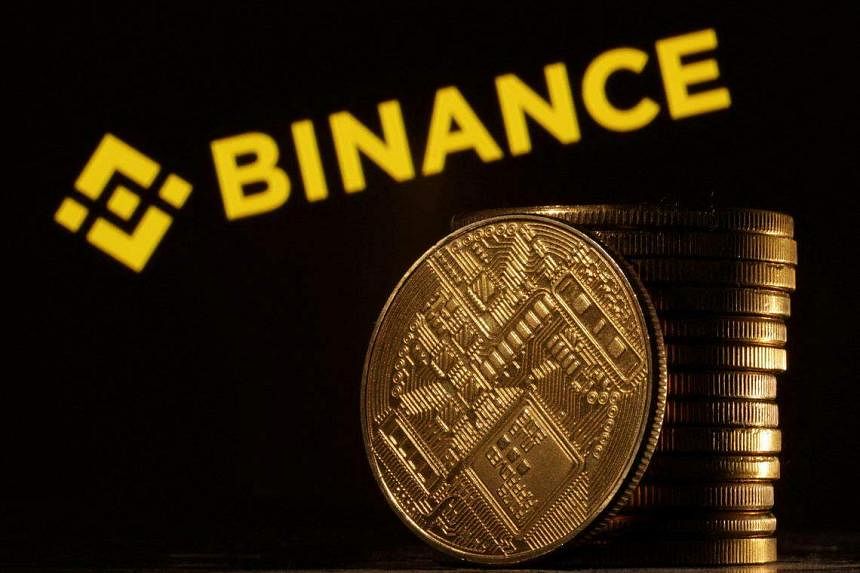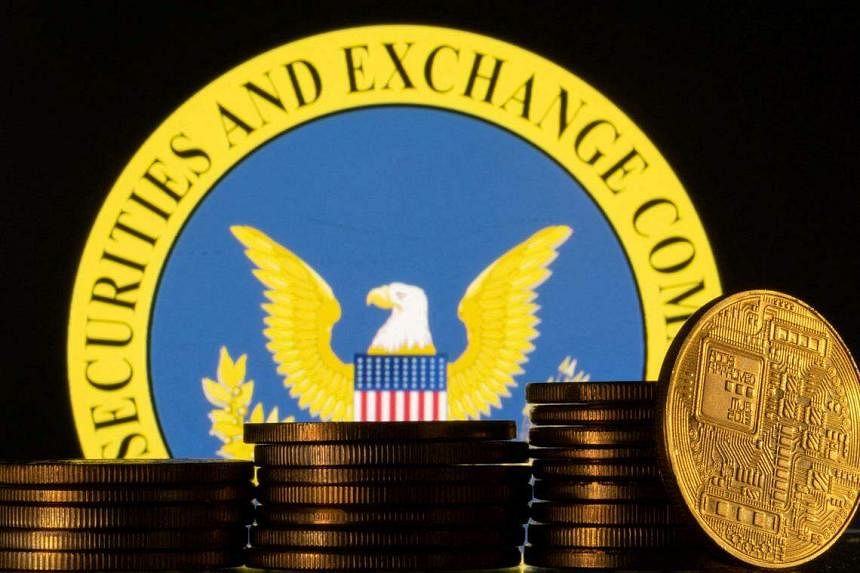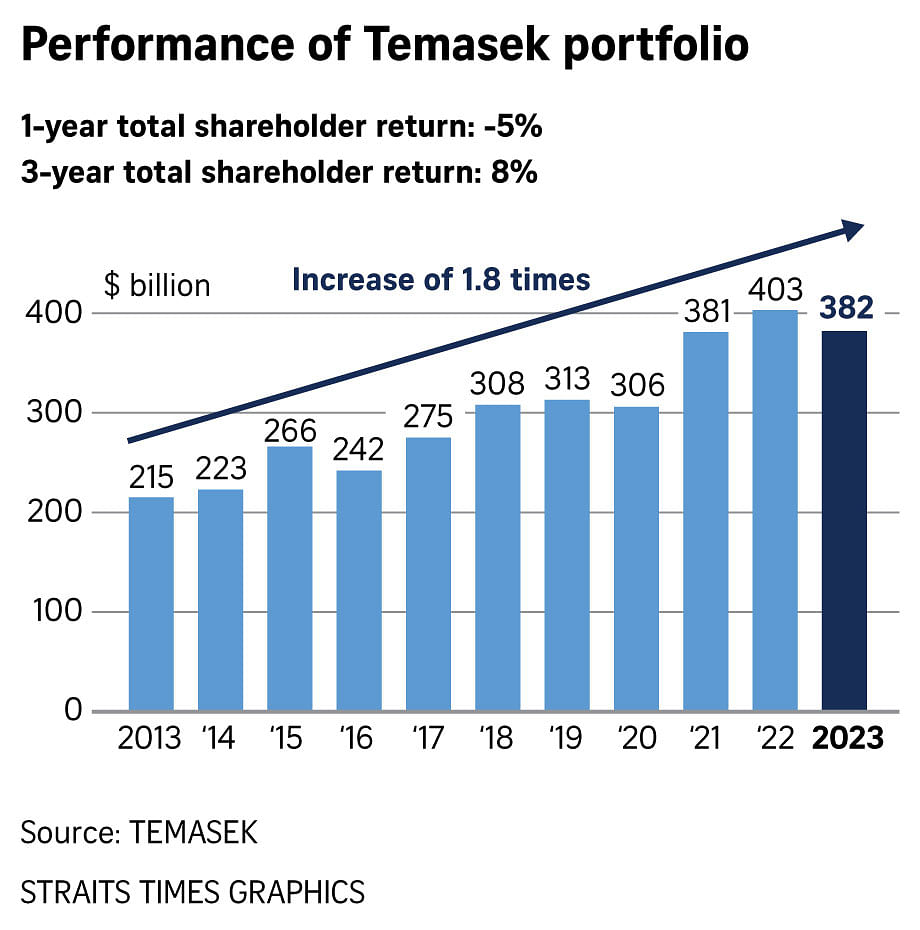- Joined
- Jul 25, 2008
- Messages
- 13,542
- Points
- 113
How one-time crypto titan Do Kwon became a fugitive
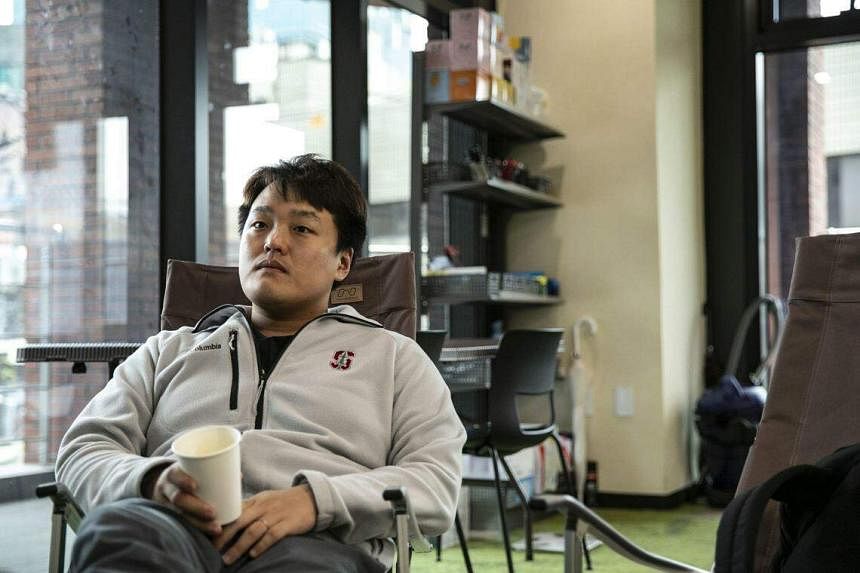
Do Kwon, 31, presided over one of the biggest busts ever seen in the volatile cryptocurrency sector. PHOTO: BLOOMBERG
UPDATED
5 HOURS AGO
FacebookTwitter
SEOUL - South Korean Do Kwon presided over one of the biggest busts ever seen in the volatile cryptocurrency sector.
His Singapore-based Terraform Labs created the TerraUSD stablecoin, which was meant to have a constant US$1 value via a complex mix of algorithms and trader incentives involving a sister token, Luna.
Their combined value soared past US$60 billion (S$79.7 billion) until confidence in the ecosystem evaporated in May 2022, prompting investors to flee and leaving the tokens almost worthless.
Kwon’s whereabouts became unclear four months later after South Korea issued an arrest warrant on allegations including breaches of capital-markets law.
He denied any wrongdoing and tweeted that he is not “on the run”. But he became the subject of an Interpol red notice.
On March 23, Kwon was arrested in Montenegro, and hours later charged with fraud by United States prosecutors.
1. Who is Do Kwon?
Kwon, 31, left Stanford University in 2015 with a computer science degree according to his LinkedIn profile.
Get tips to grow your investments and career in weekly newsletter
Sign up
By signing up, you agree to our Privacy Policy and Terms and Conditions.
He had stints at Apple and Microsoft before, as he puts it, falling “down the crypto rabbit hole”.
Kwon co-founded Terraform Labs in 2018, one of many young coders who saw blockchain technology as a gateway to financial revolution.
His project of creating a stable digital currency outside of mainstream finance and regulators wooed a legion of followers, but also critics who said it was a doomed Ponzi scheme.
At times brash and combative, Kwon trolled naysayers online, telling one critic that the Luna community was not as “poor as your broke ass”.
In May 2022, as his project imploded, he said he was “heartbroken about the pain my invention has brought on all of you”.
He has poked fun at people who see him as an absconder, saying he has not gone running in a while and needs to “cut some calories”.
2. What happened to TerraUSD and Luna?
TerraUSD and sister token Luna collapsed in May 2022 after swelling in value during a pandemic-era crypto boom.TerraUSD or UST was not backed by dollars or other assets, but instead was supposed to be worth US$1 because it could be redeemed for US$1 worth of Luna, which in turn was meant to increase in value as the Terraform Labs network became more valuable.
TerraUSD grew in popularity when Kwon started the Anchor Protocol, which offered an eye-popping 20 per cent interest rate on TerraUSD deposits.
But the whole edifice crumbled when investor confidence disappeared amid a sell-off in virtual coins.
On May 7, 2022, TerraUSD’s peg began buckling when its price dropped to 99 US cents.
Terraform Labs dramatically raised the supply of Luna to restore the link, causing the latter’s price to sink. (It was once worth more than US$100.)
A Bitcoin reserve worth a few billion dollars failed to stem the spiral: in a matter of days, TerraUSD and Luna were practically valueless.
3. How did Kwon end up a fugitive?
TerraUSD’s implosion shook digital tokens globally, exacerbating a US$2 trillion wipeout in crypto market value from a November 2021 peak.That drew the scrutiny of regulators from the US to Asia, as well as law enforcement in South Korea, where some 280,000 people had bought Luna.
Lawyers for Luna investors filed complaints with South Korean prosecutors alleging Kwon had engaged in fraud and illegal fundraising.
On Sept 14 2022, prosecutors said an arrest warrant had been issued for Kwon and five others on charges including breaches of capital-markets law.
Kwon was thought to be in Singapore, but the city state on Sept 17 said he was no longer there.
Prosecutors on Sept 26 said Interpol had issued a red notice – a request for police worldwide to locate and arrest Kwon, who has also been stripped of his South Korean passport.
In February 2023, the US Securities and Exchange Commission accused Kwon and Terraform Labs of fraud.
Singapore police subsequently said they had begun an investigation in relation to the company.
4. What are the wider implications for crypto?
The Terra fallout likely presages regulations for stablecoins to try to better protect buyers.Investors are also more wary of decentralised finance, or DeFi, which refers to the practice of trading, borrowing and lending tokens on digital ledgers like the one Kwon built.
In the US, legislation has been drafted that would ban algorithmic stablecoins such as TerraUSD for two years.
In South Korea, the nation’s ardour for digital assets has cooled.
More broadly, the losses from Terra have heaped pressure on crypto investors to better assess risk.
Billionaire Mike Novogratz, whose Galaxy Digital business had backed Terraform Labs, called TerraUSD a “big idea that failed” and a teaching moment about crypto risk management. BLOOMBERG

